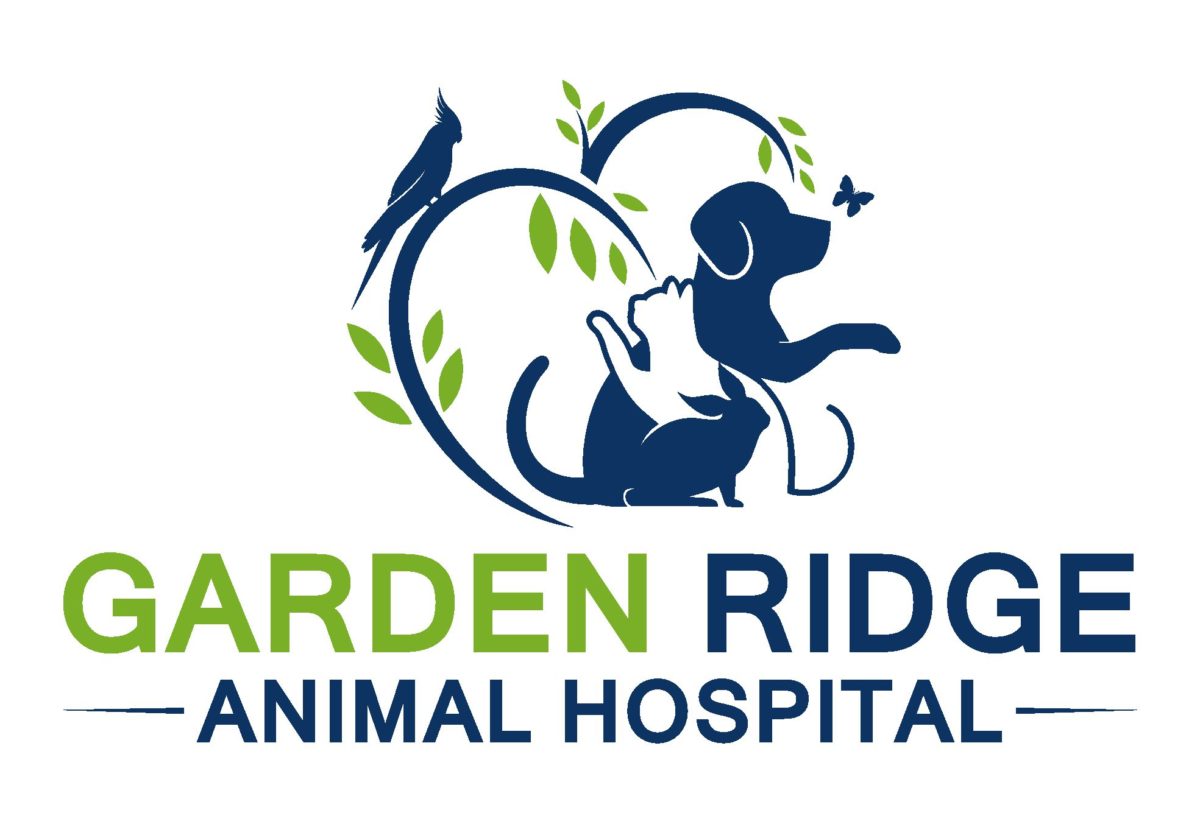We have looked through our canned food, and initially Feb 1 found none from the recalled lots. We looked again Feb 4 and found 2 lonely cans way in the back from the recalled lots. This does not affect any dry food, or any feline diets (canned or dry).
Here is Hill’s letter:
“Hill’s® Pet Nutrition has voluntarily recalled select canned dog food products due to potentially elevated levels of vitamin D. The official Hill’s announcement and a list of affected food can be found here.
Consumer inquiries can be directed to Hill’s Consumer Affairs at contactus@hillspet.com or (800) 445-5777.
As always, your clients can contact us directly regarding their concerns. Due to the high call volume associated with this voluntary recall, we’ve provided information on vetsource.com where clients can find out what to do if their pet has consumed the affected products. This also gives them the opportunity to request a refund.”
So what is high Vitamin D, and why is it bad? What are the symptoms? Have we seen any cases? Have we heard of any sick dogs?
Vitamin D is a necessary fat soluble vitamin, so excessive amounts can build up the body over time unlike water soluable vitamins like Vitamin C. Many humans have low Vitamin D levels and take seasonally (winter), or year-round if they don’t get enough sunlight. But too much is bad for you or your pet’s body. Vitamin D toxicity can cause elevated blood calcium and phosphorous, which can cause kidney damage, showing symptoms of increased thirst and urination.
Here at Garden Ridge Animal Hospital we haven’t seen any dogs with high calcium lately. Some vets on my online vet forums are wondering if some cases of high calcium might be due to the diet, but no one has confirmed any illnesses directly from the diet, yet.
Blue Buffalo had a similar recall last fall for the same problem, high Vitamin D. Some of us are wondering if all the pet food people get their Vitamin D from the same suppliers.
If your dog did eat canned food with high Vitamin D, and isn’t symptomatic, we believe that merely stopping that diet, and feeding one with normal Vitamin D will allow the body to clear any excessive levels over time. Bloodwork does not need to be run on dogs without symptoms.
More as this story develops.
